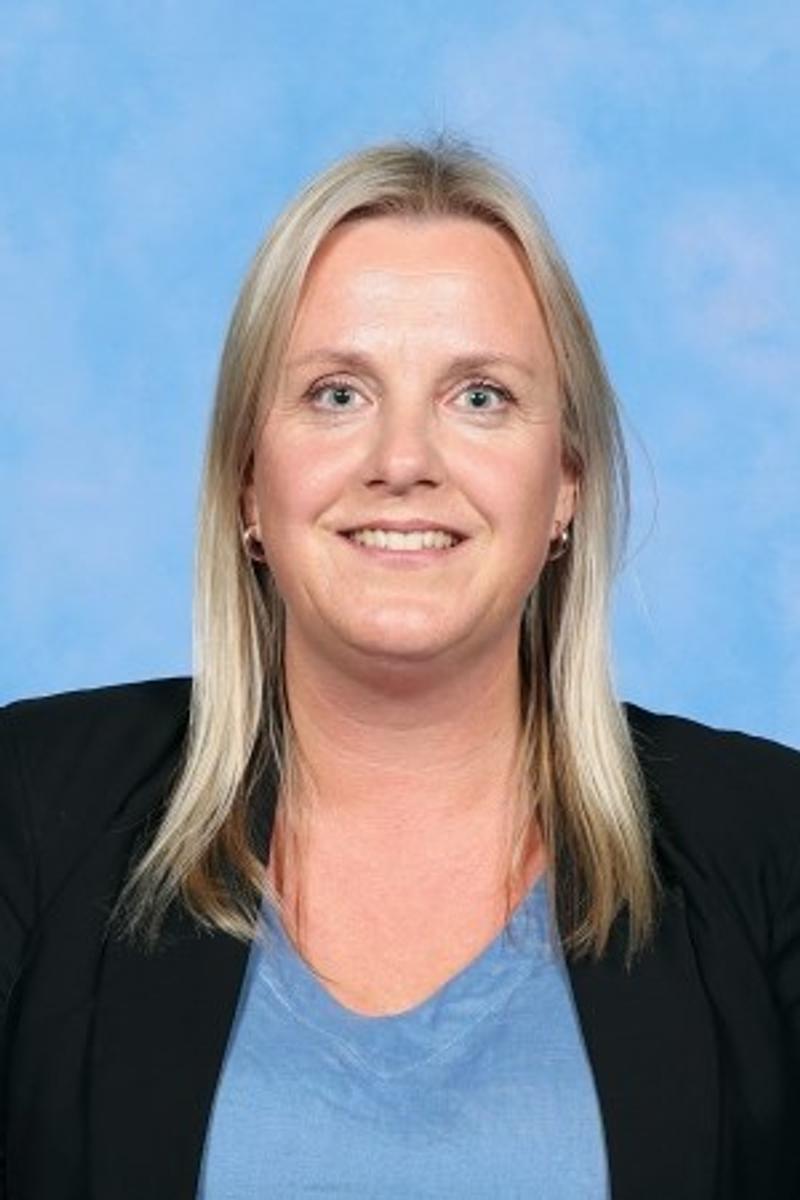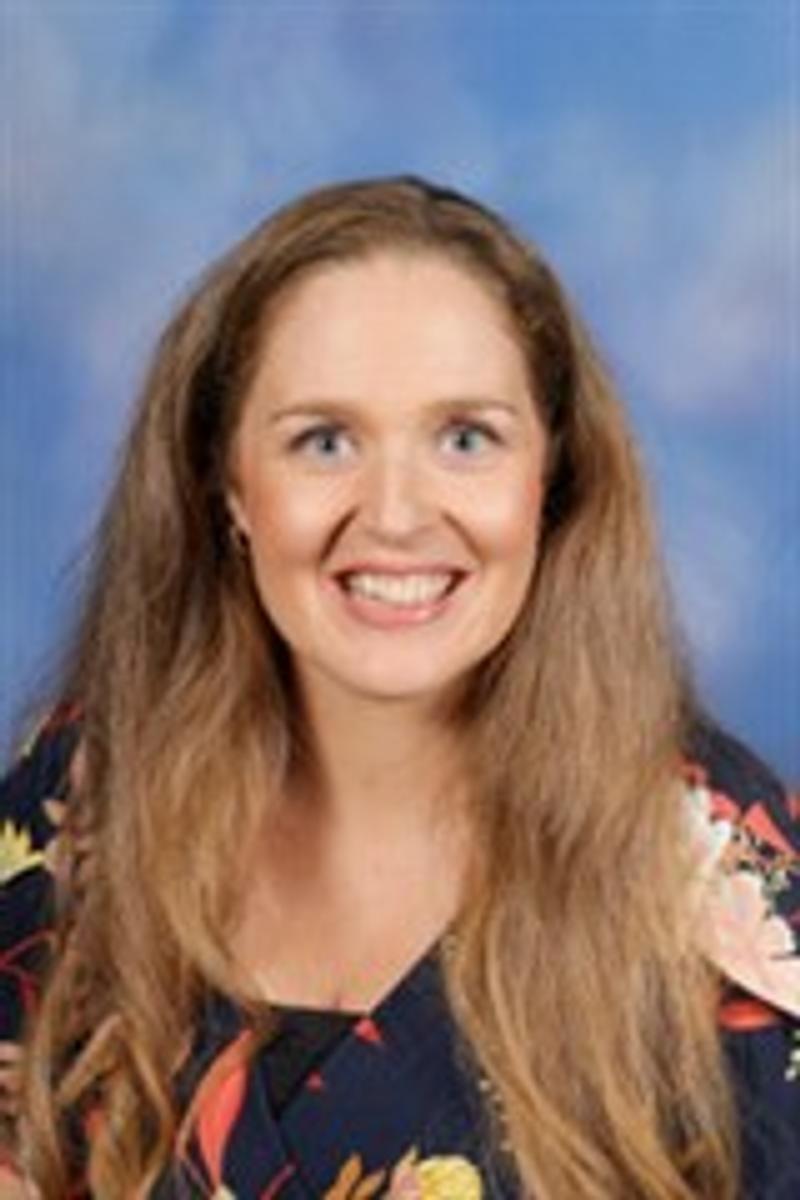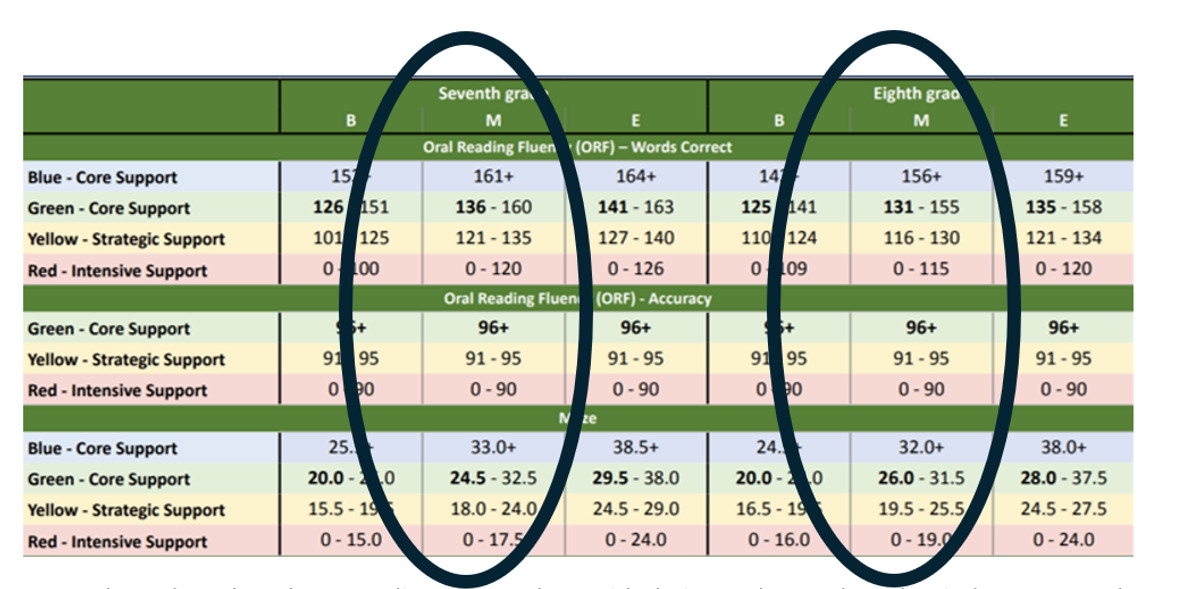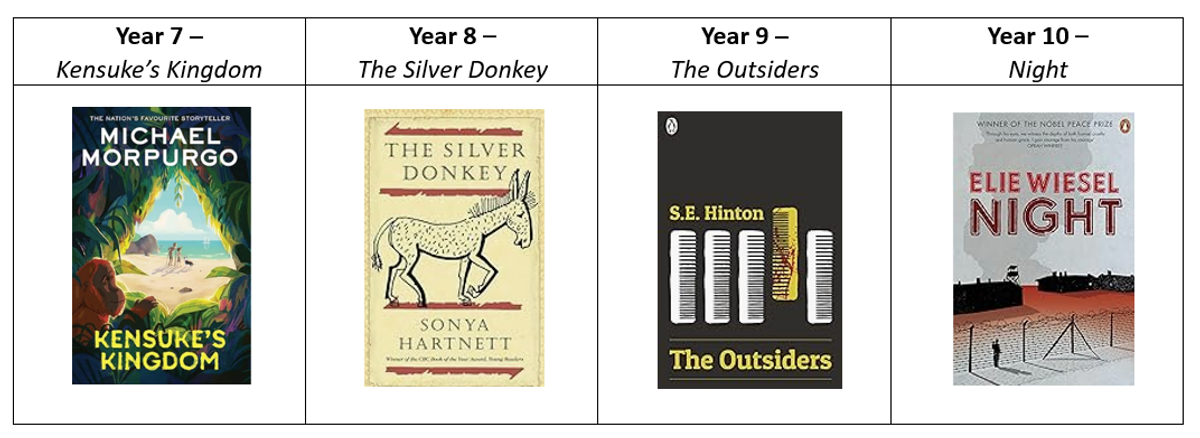Science of Learning Update

Assistant Principal: Donna Geritz
Learning Specialist Science of Learning: Vanessa Dennis
The College has been very active in the Science of Learning and Reading (SOLAR) space, with a focus on whole staff Professional Learning around our 3 core SOLAR practices. All teaching staff have been trained in how to build and use these practices within their classes, with some students possibly coming home and sharing this with you already.
1. Choral Reading – where the whole class reads aloud in unison, improving fluency and confidence. Exposing students to high quality, vocabulary rich, age-appropriate texts of significant length.
2. Daily Reviews – focus on the importance of spaced and guided retrieval practices of skills and knowledge. Every lesson teachers are checking what students remember and how they can review the previous learning and engage in rehearsal of those ideas in a quick and visible way.
3. Checking for Understanding with Paddlepop sticks to facilitate cold calling, ‘Turn and Talk’ opportunities and even the introduction of mini whiteboards in some classes.
The college is using the following icons to reinforce the strategies being employed in the classroom.
DIBELS Reading Assessments
Every Year 7 and 8 students have their reading speed, fluency and comprehension measured 3 times a year. These tests are referred to as DIBLES (which is the name of the diagnostic tool we use).
Students are tested at the Beginning of the Year (B) Middle of the Year (M) and the End of Year (E). The SOLAR team analyses these results to determine how students are progressing in their reading and if intervention and enhancement is needed, could be reduced or could be removed based on their growth scores.
All Literacy Enhancement (LEAP) students will have their DIBELS score visible on their Semester One Reports. Students who complete Indonesian do not have them recorded within their Reports, but they should be able to tell you what colour they are and how many words they accurately read per minute etc. If they can’t, have them ask their class’s Tutor Support, English Teacher or any member of the SOLAR Team!
Some students, based on these Reading scores, along with their PAT data and teacher judgements at the end of the semester, may need to have their classed adjusted.
Some students may be ready to transition out of LEAP and into Indonesian, some may need to move from Indonesian to LEAP if their results have declined.
Some students may have accelerated enough to be recommended for the YES – Accelerate/Enhancement Class and some YES students may find their position in that class in jeopardy.
If your child falls into any of those categories, the SOLAR Team will be in contact shortly (if not already) to discuss next steps.
What Else Can You Do at Home?
Reading with your child, regardless of their age, is still powerful. Reading alongside your child is equally great at modelling reading behaviours – but also supporting the learning journey.
Term 3 in English focuses on an analytical study of a novel. Parents who read the text with or alongside their child are well placed to support their home learning in Term 3, and to be able to ask them meaningful and timely questions about their core literacy studies.
All students are expected to have read their novel before the start of Day One Term 3. Students without a copy of the text and who are not Ready and Prepared to Learning will face consequences. Ensuring your student have the novel AND has read and understood it, is a truly valuable and measurable support you can offer your child.




